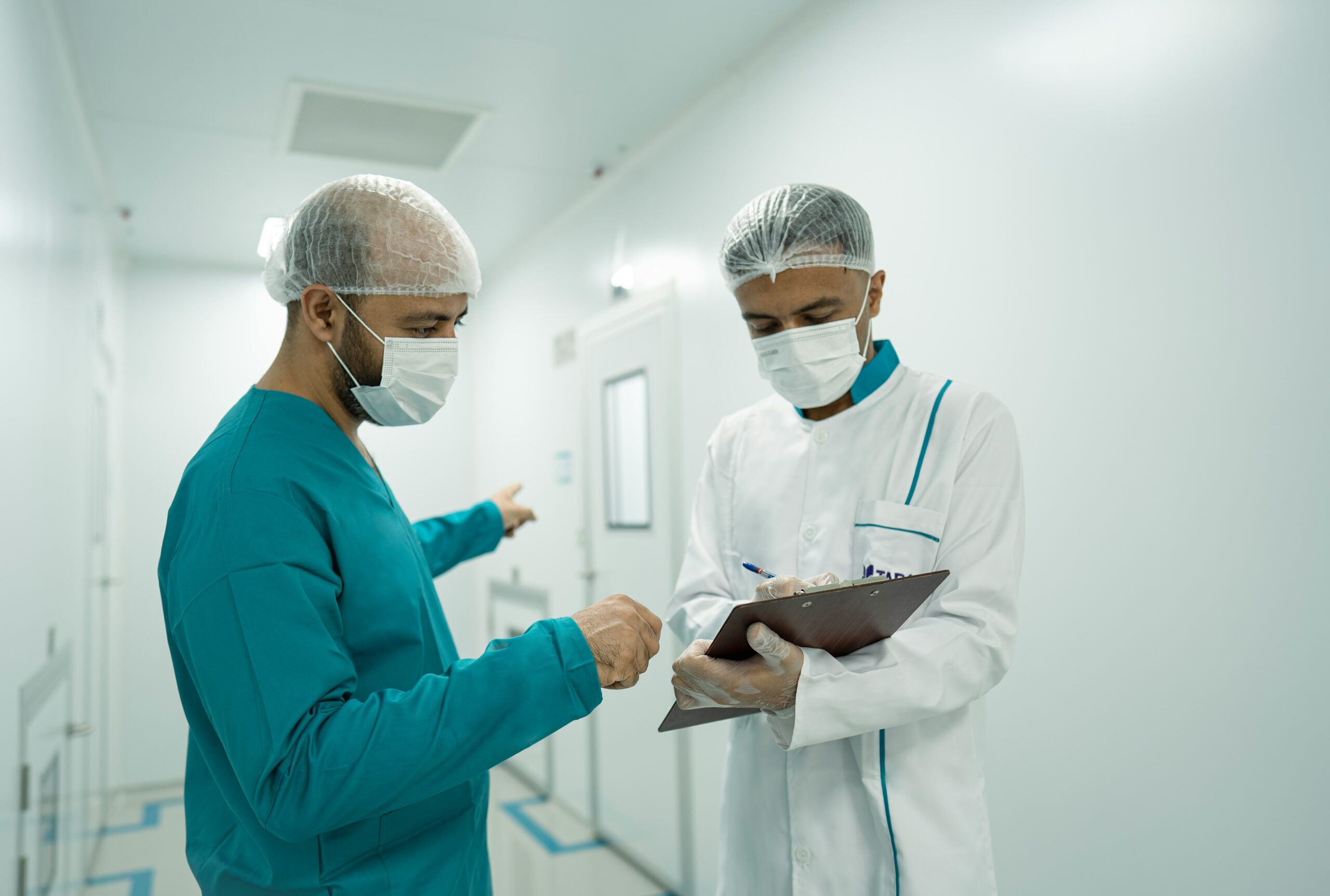
In medical malpractice litigation, expert witness testimony is pivotal in establishing the foundation for both the plaintiff’s and the defense’s arguments. These experts bring specialized knowledge to the courtroom, helping judges and juries understand complex medical issues often beyond laypeople’s grasp. Their input usually determines the trajectory of a case, providing clarity where the law and medicine intersect.
Unlike standard witnesses, expert witnesses are not simply testifying about their observations. Instead, they offer professional opinions based on experience, education, and a deep understanding of medical standards. In cases involving alleged negligence or medical errors, jurors rely heavily on the insight of these experts to make informed decisions. Their testimony is not just helpful—it’s frequently indispensable.
Defining the Standard of Care
An expert witness’s primary contribution in a medical malpractice case is defining the “standard of care.” This legal concept refers to the level and type of care a reasonably competent healthcare professional would provide under similar circumstances. The standard can vary depending on a practitioner’s specialty, location, and the case’s specifics.
Experts explain whether the defendant’s actions fell within or outside this accepted range. For instance, if a patient suffered harm due to a surgical complication, an expert can assess whether the complication was a known risk or resulted from deviation from accepted practices. Experts help frame the narrative for the jury to evaluate by clearly outlining what should have happened.
Establishing Causation Between Negligence and Injury
Another crucial area where expert witnesses make a difference is linking the healthcare provider’s actions to the patient’s injury. This connection, known as causation, can be challenging to prove in medical malpractice cases. Courts require a strong argument that not only was there a breach in the standard of care but that this breach directly resulted in harm.
Medical experts provide that link through detailed analysis of medical records, timelines, and patient outcomes. They clarify how a different decision or procedure might have prevented the injury or led to a better result. This testimony often includes comparisons to similar cases or citing peer-reviewed research to support their conclusions. With their help, the court moves beyond speculation and into fact-based argument.
Educating the Jury on Medical Concepts
Medical malpractice cases often involve highly technical information, from pharmacology and diagnostic imaging to surgical procedures and disease progression. Jurors, most of whom have no background in medicine, must grasp these concepts to understand whether a mistake occurred. This is where expert witnesses serve another vital function: education.
They break down complex topics in a way that is accessible and relatable. Using visual aids, analogies, and plain language, they translate medical jargon into something a jury can comprehend. This ability to educate without overwhelming is key to ensuring fair and accurate verdicts. Their explanations not only aid the jury but also equip attorneys with the tools to frame their arguments effectively.
Strengthening Credibility and Case Strategy
A well-qualified expert can enhance the credibility of the legal team that engages them. Judges and jurors often evaluate what the expert says and how they say it. Confidence, clarity, and professionalism all contribute to a witness’s persuasiveness. Their background—including education, board certifications, and years of experience—can strengthen a case even before they speak.
In addition to their courtroom testimony, experts often play a behind-the-scenes role in developing the case strategy. Attorneys consult with them to assess whether pursuing litigation is viable or to anticipate potential weaknesses in their argument. This collaboration enables legal teams to build stronger, more coherent narratives aligning with legal standards and medical realities.
Navigating Challenges and Cross-Examination
Despite their importance, expert witnesses must also be prepared for scrutiny and cross-examination. The opposing counsel will often attempt to undermine their qualifications or highlight inconsistencies in their testimony. This adversarial aspect is a natural part of the legal process and tests the strength of their opinions.
Experts must remain composed and grounded under pressure. They need to explain their reasoning clearly while anticipating counterarguments. When executed effectively, this ability reinforces their points and increases their overall impact. Their credibility is judged by their resume and how they handle challenges in the courtroom.
Choosing the Right Expert for the Case
Selecting the right expert witness is a strategic decision that can significantly affect the outcome of a medical malpractice case. Attorneys must consider specialization, courtroom experience, communication style, and impartiality. A physician who is too emotionally invested or biased may be less effective, even if their credentials are impeccable.
The right expert brings more than just technical knowledge. They also offer a presence that resonates with a jury, presenting themselves as authoritative and relatable. Their testimony must support the facts of the case and build trust with those making the final decision. The expert’s influence can be powerful and lasting when this balance is achieved.
Bridging the Gap Between Medicine and Law
Expert witnesses act as the bridge between the medical world and the judicial system. Their role extends beyond stating facts; they help translate complex ideas, establish professional standards, and ultimately guide jurors to fair verdicts based on informed understanding. Many medical malpractice cases would falter under uncertainty and confusion without their testimony.
As medicine becomes more specialized and legal expectations evolve, the need for clear, expert-driven testimony will only increase. Their involvement ensures that justice is served and grounded in truth and professional integrity. This way, expert witnesses remain central to the pursuit of accountability and trust in the healthcare system.